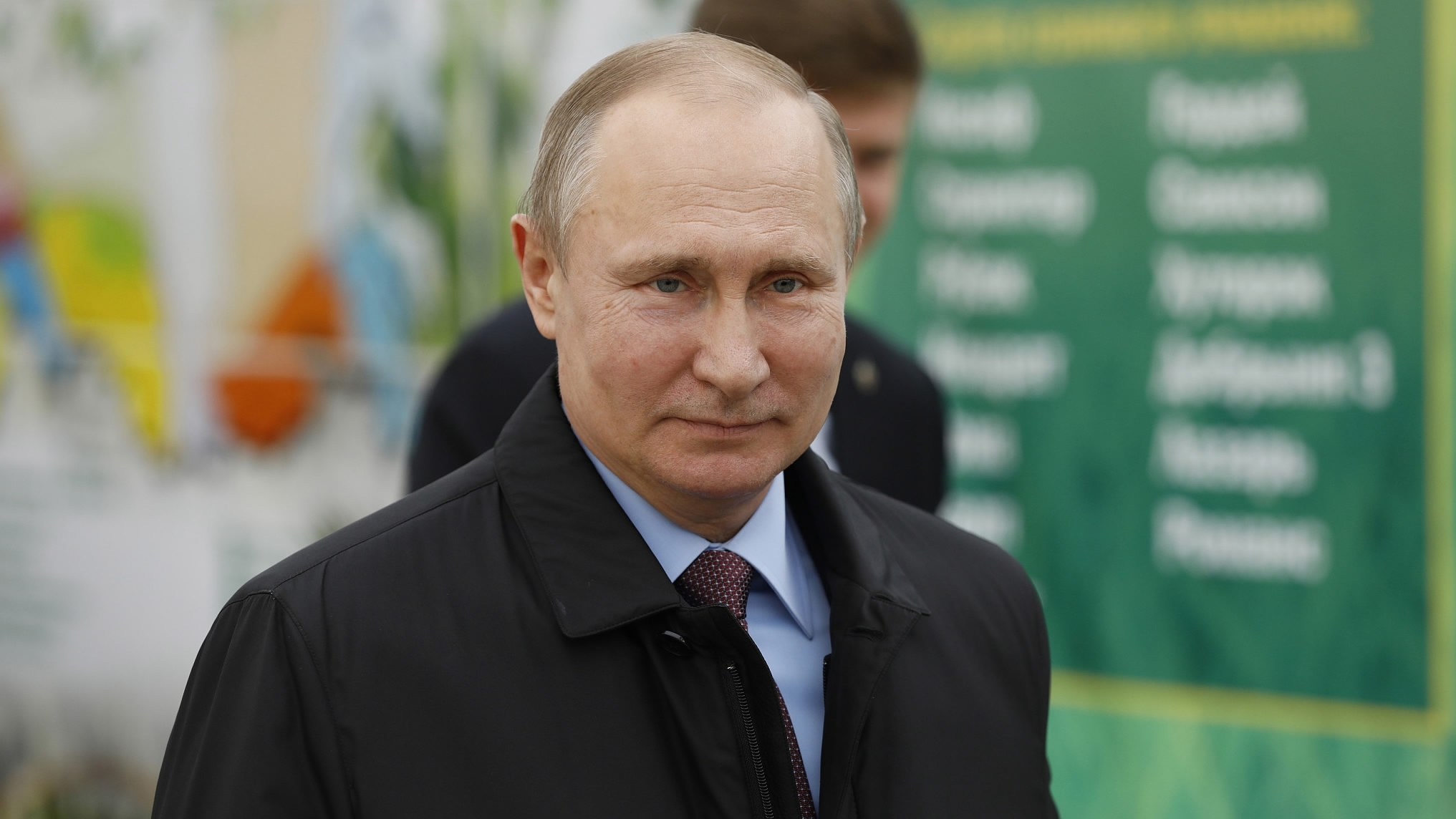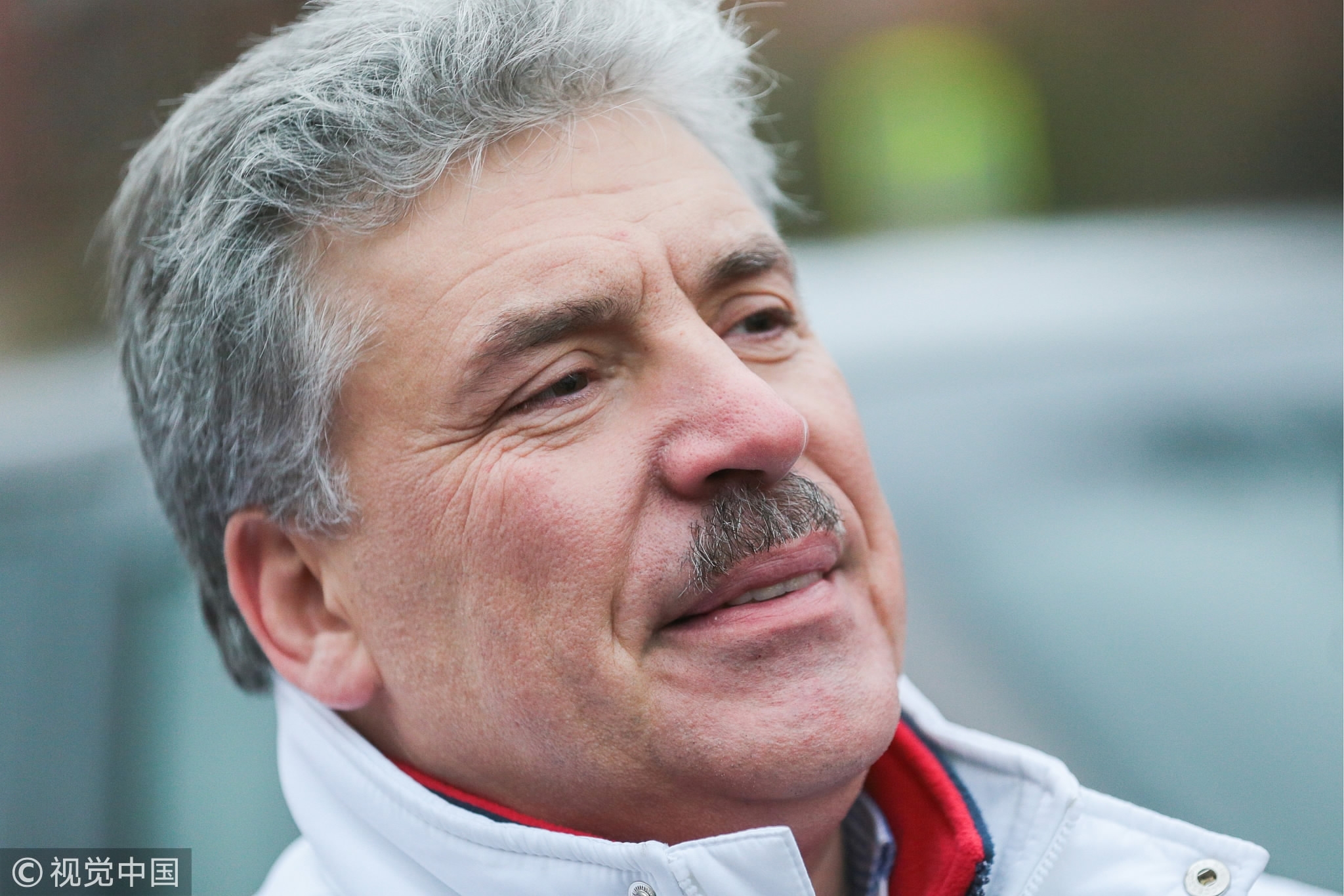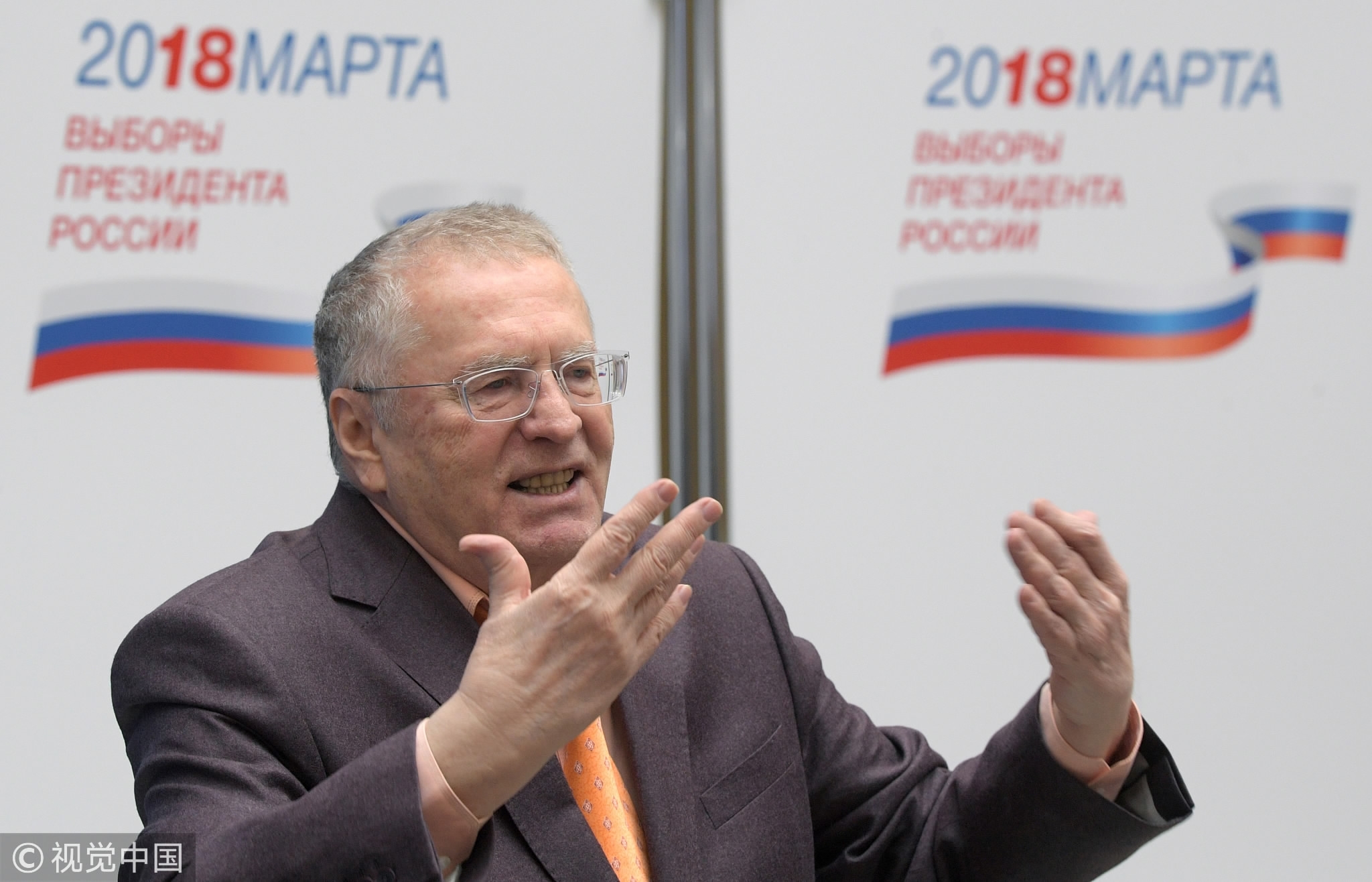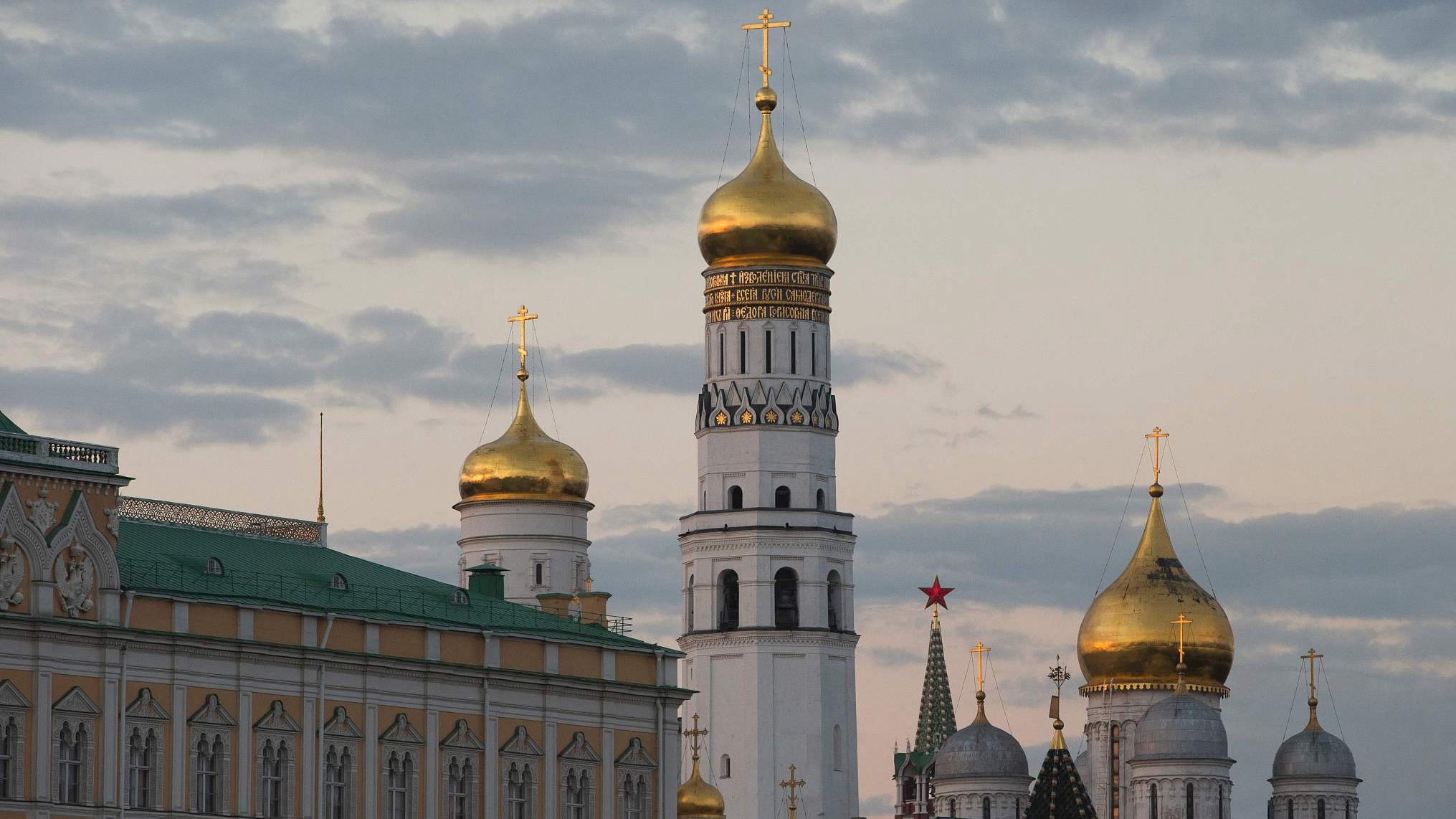Russians will go to the polls this Sunday to elect their next president. Voters will have to decide among eight candidates on the ballot.
There’s little doubt among the pollsters that current President Vladimir Putin will win the first round. But according to the same polls, the results can dramatically vary depending upon the region of the country.
The Kremlin is the headquarters of the Russian president, where its current tenant Vladimir Putin aims at staying for another six years.
But seven other candidates would like to dislodge him and sit in his chair in the Kremlin’s main building. The following are the candidates for the position of the most powerful person in Russia.
Vladimir Vladimirovich Putin: Old, new president – 70%
Sixty-five-year-old Vladimir Putin is a Saint Petersburg native, who later became KGB operative, then worked in East Germany.
He’s been in the top corridors of power in Russia starting in 1998, when he became the head of Russia's Federal Security Service (FSB) and advanced to the prime minister’s position a year later.
In 2000, he replaced Boris Yeltsin as Russian president. For the following18 years, Putin was either the president or the prime minister of Russia.

Russian President Vladimir Putin visits National Grain Center in Krasnodar, Russia, March 12, 2018. /VCG Photo
Russian President Vladimir Putin visits National Grain Center in Krasnodar, Russia, March 12, 2018. /VCG Photo
During his terms in those offices, Russia resolved the Chechnya crisis and had a short five-day conflict with Georgia.
2018 marks the first anniversary of Crimea's incorporation into Russia and the country is also engaged in a military intervention in Syria, supporting President Assad.
Putin helped to transform his country’s economy from the ashes of 1990’s into a Top 10 world ranking of GDP purchasing power, according to the World Bank.
He’s not a champion of the West, but he did create a strategic alliance with China that helped propel Russia out of rough economic and geo-strategic waters.
Pollsters are predicting that Putin will receive close to 70 percent of the votes in the first round of the elections, but much fewer in Moscow itself.
Pavel Grudinin: 'Blue collar' champion – 7%
As for the other candidates, pollsters predict 57-year-old Pavel Grudinin will rank second after Putin. He has just recently become a member of the Communist Party and is running as its candidate.

Pavel Grudinin takes part in a rally by the Russian Communist Party marking the centenary of the 1917 Bolshevik Revolution in Moscow, Russia, Nov. 7, 2017. /VCG Photo
Pavel Grudinin takes part in a rally by the Russian Communist Party marking the centenary of the 1917 Bolshevik Revolution in Moscow, Russia, Nov. 7, 2017. /VCG Photo
The leader of the Russian Communist Party, Gennady Zyuganov, decided not to run this time.
Grudinin operates a Soviet style collective farm that still keeps the name: “Sovhoz Lenin.” He has claimed a number of times it’s the last island of socialism in Russia, although it is run in capitalist manner with shareholders.
As such, he’s attracting voters who feel that Russian society needs to take better care of its blue collar workers.
Pollsters predict that he’ll receive around seven percent of the vote.
Vladimir Zhirinovsky: Russia's political enfant terrible - 5 to 6%
Running third among the presidential candidates in Russia is the unconventional politician Vladimir Zhirinovsky, leader of the Liberal Democratic Party.

Presidential candidate Vladimir Zhirinovsky, leader of the Liberal Democratic Party of Russia, speaks during a meeting with Central Election Commission Chairperson Ella Pamfilova in Moscow, Russia, March 5, 2018. /VCG Photo
Presidential candidate Vladimir Zhirinovsky, leader of the Liberal Democratic Party of Russia, speaks during a meeting with Central Election Commission Chairperson Ella Pamfilova in Moscow, Russia, March 5, 2018. /VCG Photo
Zhirinovsky is known for his sometimes violent behavior in public.
He has had a history of verbal abuse, but, because of his hardline nationalistic and populist rhetoric, pollsters predict that he’ll attract between five and six percent of the votes.
Five outsiders – under 5% all together
For each of the remaining five candidates: Ksenia Sobchak, Grigory Yavlinsky, Boris Titov, Sergey Baburin and Maxim Suraykin, according to the polls, will hardly cross one percent of the votes on the elections respectively.
Ahead of decisive March 18, one thing seems certain, if election polls can be trusted, the outcome of the Sunday election in Russia will hardly be a surprise.





